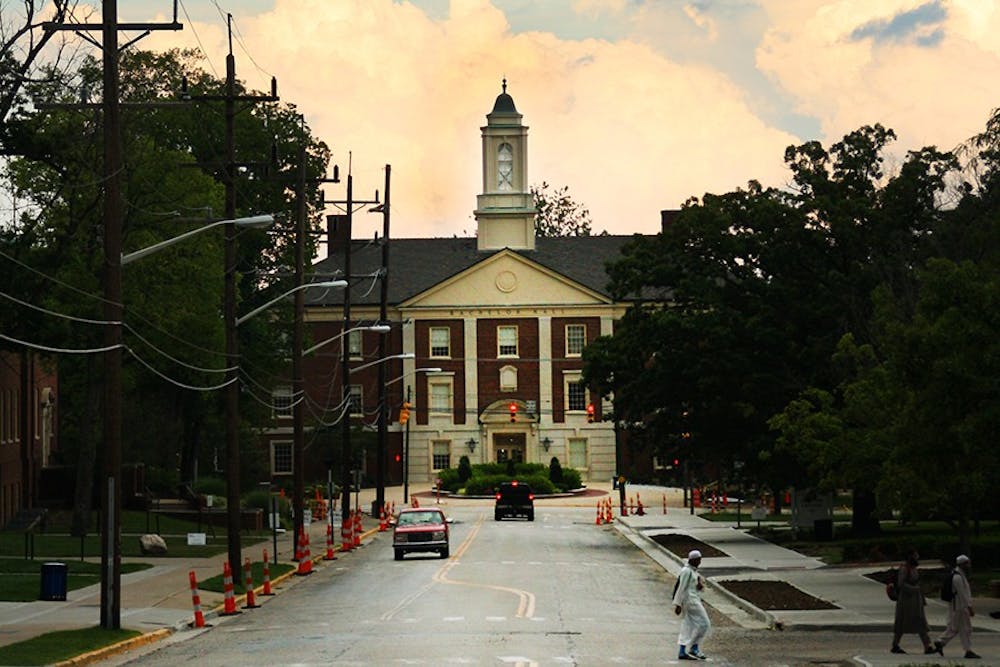By Matt Hartshorn, For The Miami Student
Many of the products Miami University students buy every day are made using the labor of modern-day slaves across the world. A new campaign on campus, Miami University Fair Trade Certification, is working to address this issue.
One of the student organizers of the campaign, sophomore Libby Roether, explained what fair trade actually means.
"Fair trade is a type of business model that provides a livable wage for workers and safe working conditions," she said.
Launched through the World Fair Trade Organization, the Miami campaign seeks to bring increased awareness of this issue and products from companies that implement fair trade policies across campus. Once specific requirements are met, Miami can become fair trade certified.
Some of the most recognizable products include Divine chocolate and Green Mountain coffee. Notable clothing companies like Patagonia and designers like Kate Spade currently sell fair trade products.
Sophomore Miami students Libby Roether, Hannah Pfeifer and Allyson Cousino are spearheading this campus-wide movement, along with their adviser, Glenn Muschert of the social justice and criminology department. They welcome assistance from all students interested.
Their desire to bring fair trade certification to Miami began in January 2014, when Roether, Pfeifer and Cousino traveled abroad to Costa Rica and Panama.
There, they visited local coffee and chocolate plantations where they saw signs stating, "We do not support the exploitation of children." Their experience in Costa Rica exposed them to the reality that many adult and child workers across the world face unfair working conditions.
Visiting Costa Rica also gave them the fair trade campaign's slogan, "Pura Vida."
This past summer, Roether also traveled to the Dominican Republic with Social Entrepreneur Corps.
In particular, she visited a sugar cane plantation community where the employees must remain on the premises because their documents of citizenship were taken during racial tension in the 1930s. Roether participated in a documentation day to help those still enslaved to obtain the necessary citizenship documents.
"It was an eye opening experience," she said.
Now that they have a clear vision for Miami, the campaign is starting to take shape, but spreading their mission is a vital first step.
"Our first goal is to spread awareness and education," Pfeifer said.
The campaign for certification is a long process, and is only in its initial phases. Speakers and fair trade products will have to be brought to campus.
Already, the group has contacted four speakers for next semester.
In addition, fair trade products are already on campus. Students can request fair trade coffee at King Library and Dividends. Fair trade chocolate is also available in the on-campus markets.
Roether, Pfeifer and Cousino are hopeful once word spreads about fair trade, the movement on campus will gather momentum.
"We would hope to get the certification within the next two years," Cousino said.
Students can take small, but meaningful steps now to advance Miami's fair trade campaign.
"Every little step can help in the campaign and help bring awareness to Miami's campus," Cousino said.
The group believes the fair trade campaign applies to students of all majors and interests, and that daily choices will have a major effect on how well their campaign does.
"Everything you buy is a vote for fair trade," Roether said.

